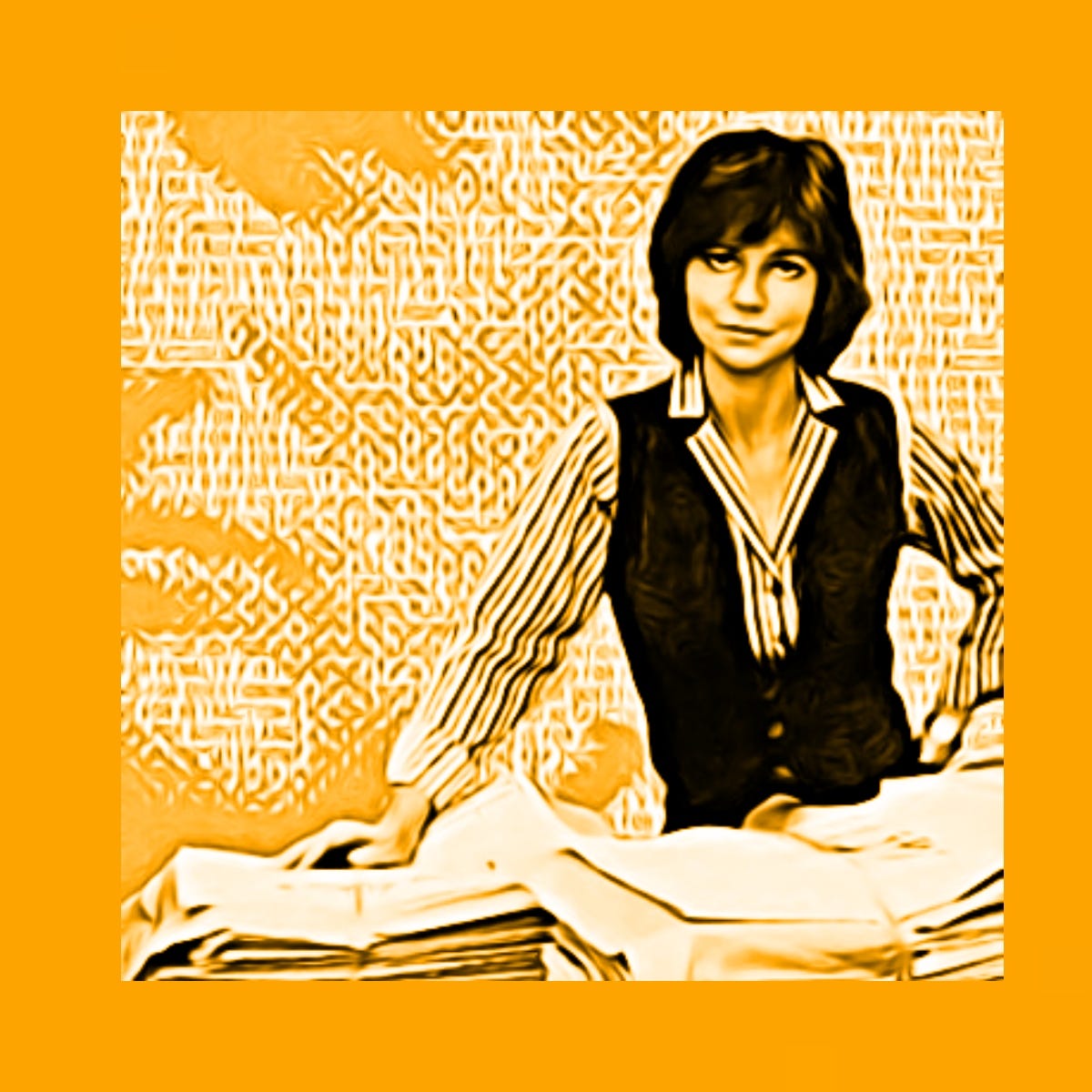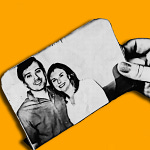Oh, the horror of watching Martin Shkreli toy with women journalists. “Horror” is probably the most apt genre.
A quintessential example, from early 2016, was his “performance” when former CNN reporter Laurie Segall crashed one of his live streams.
Putting on a bravely sunny disposition, she attempted to engage Martin in professionally appropriate conversation, and then to persuade him to be interviewed on her network.
Martin at first deflected her chipper questions with boredom and hostility. (“I have to turn my head upside down to understand that question,” he told her when she asked about whether he was worried people would “Google” him. As he spoke, he twisted himself in his chair until his forehead was pointing down.) Then he decided to make her even more uncomfortable — by asking her questions himself.
When she ventured a comment about how he had “deprived” people of medicine by jacking up the price of Daraprim while CEO of Turing Pharmaceuticals, he snapped back: “Who’s being ‘deprived,’ Laurie?” As she backpedaled and hedged, trying to suggest that he come on CNN to have that conversation, he dug in more. “I care more about my patients than any drug CEO on this planet. So what do you mean by ‘deprived’?”
He added that he was a benefactor of St. Jude’s Children’s Hospital, and noted that he had been invited to the hospital’s upcoming charity gala. Then he committed the one act that he knew was most likely to rattle her: He asked if she would be his “date” to the event.
She abruptly shook her head. “I’m not asking for a date,” she said quickly, adding: “No offense.”
She left the stream having received nothing for her efforts except frustration verging on humiliation. After her window went dark, Martin sat back in his computer chair with the edges of his lips turned up in a particularly self-satisfied smirk. He looked like the Grinch.
As far as interview attempts go, the exchange was the equivalent of a trainwreck. When I first saw it, I cringed and probably gasped. But I couldn’t look away. It wasn’t just the shock value of what Martin was saying and doing that kept my eyes on the screen; I realized there were layers of psychological drama at play in the online tête-à-tête, like something out of a Lars Von Trier movie, that made it disturbingly compelling.
You see, even though Martin had a laughably poor grasp of optics he knew perfectly well how journalists were supposed to operate. He knew what objectives and ground rules they would likely have, and what tactics they would probably use. Without having read Janet Malcolm’s “The Journalist and the Murderer,” which famously described journalists as con artists, he knew reporters would flatter him…














